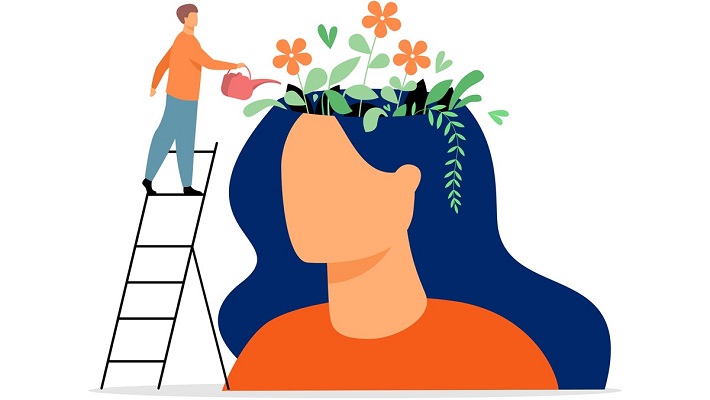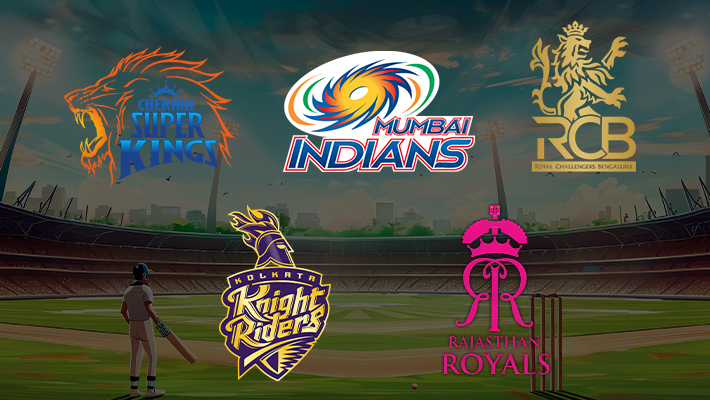
Mental health apps provide users with access to self-care tools such as meditation, cognitive behavioral therapy, and affirmations. They also offer a variety of online resources such as support groups, articles, and podcasts. This helps users to stay connected to their mental health needs and access therapy anytime and anywhere. While mental health apps can be helpful for some, they are not a replacement for professional help. Mental health issues require professional help, so it is important to seek professional help. It is important to remember that mental health apps are not a substitute for mental health professionals. Mental health professionals are better equipped to provide tailored advice and support that can help address the root causes of mental health issues. Therefore, it is critical to seek professional help when in needed. While it is imperative to seek professional help when struggling with mental health issues, mental health apps can be a helpful supplement. Mental health apps can provide support and resources that may help address symptoms and provide coping mechanisms. Additionally, mental health apps are more accessible and cheaper than professional help. This makes them a helpful option for people who may not otherwise be able to obtain mental health services.
Let us explore how mental health apps affects the landscape of therapy in the subsequent paragraphs.
Accessibility
While, mental health apps are providing people with more access to resources and tools to monitor and manage their mental health. They are also making it easier for people to connect with mental health professionals who can provide more personalized guidance. This is leading to more people seeking mental health care, which could reduce stigma associated with mental health issues. It is important to note that not all mental health apps are the same. Some mental health apps have been found to be ineffective, and even harmful, to users. It is important to do your research before downloading any mental health app to make sure it is reputable and will actually be helpful to you. For example, the American Psychiatric Association (APA) has a list of vetted mental health apps that are recommended for use and have been evaluated for accuracy and privacy. Therefore, it is essential to ensure the app you choose has been approved by a reputable organization such as the APA before downloading it. It is also important to read reviews and check out the app's user ratings. It is also wise to consult with a mental health professional before using any app, to ensure that it is the right one for your needs.
Cost Effectiveness
In addition to this, mental health apps are transforming therapy by providing people with access to mental health services at a lower cost, and with more convenience. This has enabled more people to seek the help they need and changed the way people think about therapy and mental health. However, there are a few downsides to this. For example, some people may feel more comfortable discussing sensitive topics with a therapist in person, rather than through a screen. Additionally, mental health apps may not be as effective as in-person therapy for some people.
Monitoring symptoms and progress
They also provide tools to track progress and monitor symptoms in real-time. Additionally, telehealth technology can make it easier for people to access treatment from any location, regardless of distance. This could be particularly beneficial for those living in rural areas, who may not have easy access to mental health services. This can be especially helpful for those who cannot make regular in-person appointments due to limited access to transportation or other obstacles. Telehealth technology can also help reduce the stigma associated with mental health issues by providing more accessible and private treatment options. Mental health professionals can also use telehealth technology to quickly connect with patients in crisis and provide timely support and interventions. Telehealth can also help increase access to mental health services in underserved communities. For instance, telehealth technology can be used to provide online mental health counseling services to people living in rural areas with limited access to mental health services. Telehealth technology can connect mental health professionals with patients in remote areas, such as in developing countries. These patients may not have access to in-person mental health services.
However, it is important to note that mental health apps are not a replacement for mental health professionals. They should be used to supplement professional help, and not as a substitute. It is also important to be aware that not all mental health apps are created the same, and some may not be reliable sources of information. For example, an app may not provide accurate information on mental health topics or provide advice on how to treat mental health conditions, and could potentially be harmful if used by someone without professional guidance. Given that mental health conditions can vary from person to person, it is important for people to get personalized advice from a professional who is knowledgeable about their specific situation. Apps may not be able to provide that level of personalized advice, so they may not be as effective or accurate in helping people manage their mental health.







